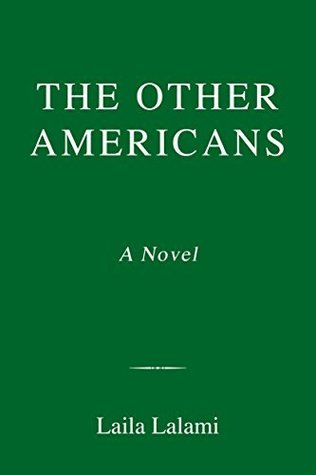More on this book
Community
Kindle Notes & Highlights
For my mother, things were forever not the way they were supposed to be. She had left her country with her family, but she still longed for everything else she hadn’t been able to bring with her. She missed her old house, her childhood friends, the call for prayers at dawn. No matter how extravagant a meal she cooked, she found it wanting—an ingredient was always missing or the flavor just wasn’t right.
My mother said this with resignation, as though it were her charge in life to be saddled with me. This happened every time I returned home. We’d spend a few peaceful hours in each other’s company and then the détente would end and the comments would start, all of them variations on the theme of her disappointment in me. Why don’t you find a better job? Why don’t you apply to law school? Why don’t you move back here if you’re not going to law school and you can’t find a better job? Did I tell you that Mrs. Hammadi’s daughter is getting married? Are you wearing that to dinner? White isn’t a good
...more
I had noticed this before about Americans—they always want to take action, they have a hard time staying still, or allowing themselves to feel uncomfortable emotions—so when I shook my head no, the man seemed disappointed in me, and after a moment he left, the door jingling as it closed behind him.
Growing up in this town, I had long ago learned that the savagery of a man named Mohammed was rarely questioned, but his humanity always had to be proven.
Soon, newspapers would run their annual celebrations of American soldiers, and politicians would take turns pandering to them. Meanwhile, the civilians who died in American wars would receive only silence. National memory was built from such erasures.


